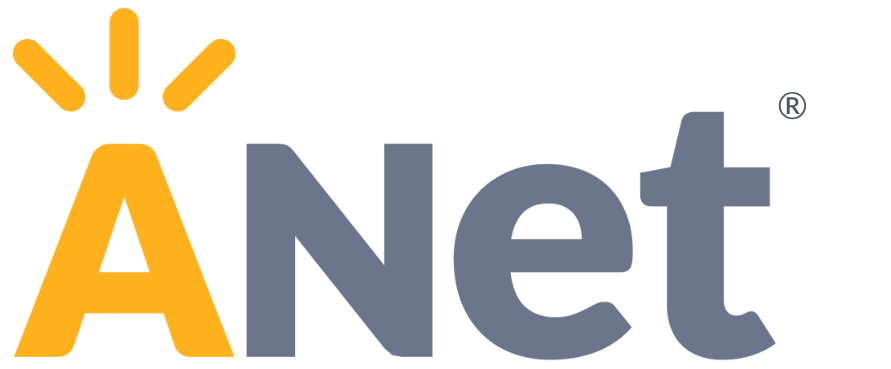by Sarah Tierney
For most school leaders, school culture ranks high on the list of priorities. They work hard to create a supportive community and ensure that everyone—students, families, teachers, and leaders—experiences and supports the school’s values.

JoAnn Mitchell, MAS principal and founder
JoAnn Mitchell, principal and founder of Mission Achievement and Success (MAS) Charter School in Albuquerque, is proud of the culture she and her staff and students have created. She says it’s working not just to create a positive atmosphere, but also to support high academic achievement.
For the past two years, MAS earned an A on their report card from the New Mexico Public Education Department—only 14% of schools received that top score. They were graded on their students’ yearly performance as well as measures like school growth and opportunities to learn. MAS beat the statewide benchmarks in all categories.
Students: support and challenges
Student experience is a critical component of the school’s culture. Building up students’ confidence has been a priority for JoAnn and her team from the first day the school opened its doors back in 2012. You can feel it walking through the school—the positive tone, the warmth between teachers and students, the affirming language.
But MAS’s school culture is about more than warm hugs and fuzzy feelings. “We tell students every day, ‘We expect excellence from you because you're capable,’” says JoAnn. “And we don’t say that to fake something, but because we believe it and we want students to believe it, too.”
MAS’s A rating shows that, with a positive school culture supporting them, kids will rise to meet high expectations.
Teachers: passion and professional development
A strong culture is as good for adults as it is for kids. JoAnn believes in building up all her teachers, coaches, and staff. “JoAnn frequently talks about how all teachers can learn to be great teachers through coaching, practice, and clear, specific feedback,” says Julie Puzon, MAS’s ANet coach.
We’ll tell you about JoAnn’s strategies for developing her team in another post. For PD to be most effective, however, teachers first need a passion for their work. That’s why, when bringing on new staff members, JoAnn doesn’t just look for skills and experience. Instead, she focuses on three key expectations that form the foundation of the school’s adult culture.
A desire to teach
JoAnn seeks equal passion for content and teaching young people “You may love math,” she says, “but you have to love teaching math to children.” Deep content knowledge and understanding how to teach in a way that sticks with students are two very different things; and both are important.
A desire to learn
Teachers spend as much time examining their own strengths and areas of development as those of their students. “If we expect our students to continually learn and grow, we, as teachers and leaders, have to do the same,” says JoAnn.
“If we expect our students to continually learn and grow, we, as teachers and leaders, have to do the same. ”
For example, a fourth grade teacher might notice that half of her class struggled to use place value to round numbers. That data would be invaluable to helping her reflect on her own practice, prompting questions like, How did I approach teaching that concept? Where did I hit the mark and where might I have missed it? Did my instruction and the learning activities within the lessons enable students to build their knowledge and skills? Did they help develop a deep understanding of this topic?
A desire to hustle
Hard work is the norm at MAS: there’s not a minute wasted between the time the bell rings at 8:30am and when students head home at 4:20pm. Teachers work doggedly to plan and deliver high-quality instruction day after day. “Whenever I visit MAS, I’m struck by the fact that teachers here are razor-focused on how they can do right by kids,” says Julie.
Teachers begin their day meeting with peers. In grade-level meetings, teachers reflect on students’ strengths and areas of development. When meeting with content teams, they reflect on teaching practices and engage in ongoing learning and development led by instructional coaches.
These meetings take time and effort, but they contribute to effective instruction and foster camaraderie. Support from peers and coaches helps make the difficult work of teaching a little easier. You can read more about MAS Charter School’s approach to professional development in our next post.
Sarah is the managing director of system advising and a former coach at ANet.
Looking to boost instruction in your school or district?
Check our new white paper, Teaching Comes First: How School District Leaders Can Support Teachers, Save Time, and Serve Students with a New Vision for Assessment.
